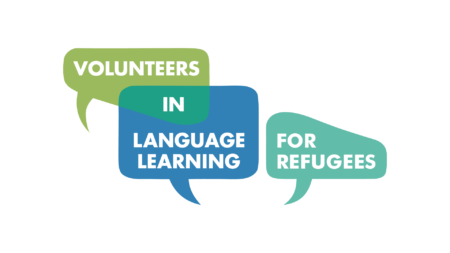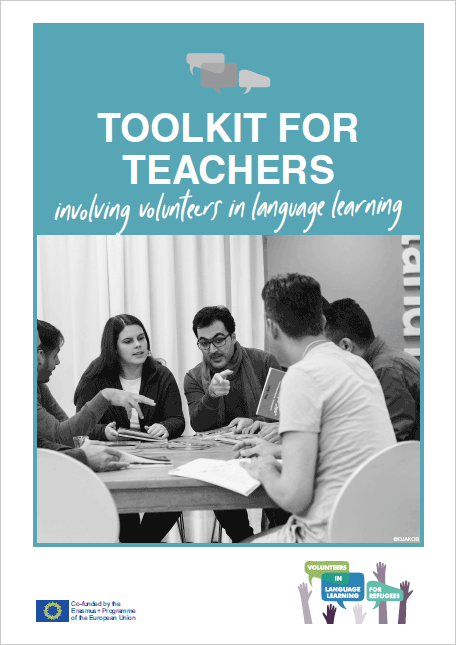Volunteer Roles

It’s worth reflecting on how exactly you, as the teacher, would like to work with volunteers. Volunteers can assist teachers within the classroom as well as augmenting formal provision through extra-curricular support – providing help with informal and non-formal learning. Below we list a number of different ways that volunteers can support formal provision - inside and outside the classroom.
Volunteers in the classroom
Within the classroom, volunteers can play a variety of roles. Some volunteers stick to one function, others change depending on the particular lesson:
Volunteers as language coaches
Some teachers use volunteers to work with learners 1:1, or in a small, separate group, whilst the teacher focuses on the rest of the class. This can be useful where one or two learners have specific needs, distinct from the wider group. Alternatively, volunteers can provide time-limited intense tuition to every learner in the class, in turn. They can focus on specific task like reading, conversation or preparation of a text or questions, or even on assessment of students’ needs. Suited to: Relatively introverted types; volunteers who hold a professional teaching qualification.
Do you want to learn more about the Volunteer Roles?
Download the entire article as PDF file
Download the entire Toolkit for Teachers as PDF file
"My volunteer was great. In the classroom, we had an elderly couple and one of them had hearing difficulties so whenever we were doing group discussion it was really hard for him to join in. The volunteer spoke their language and was able to work with them separately and involve them in a separate discussion at times and just generally make sure they were ok. It was honestly so useful having her there."
Teacher, UK

